The programme is only conducted in Lithuanian language. Entry requirements for this particular programme can be found in the programme description provided in Lithuanian language.
in Lithuanian
Today’s complex economic processes require not only in-depth analytical skills, but also the ability to innovate. The economics taught at KTU’s Master’s programme prepares professionals who can effectively manage resources and develop strategic solutions. Our graduates regularly win prestigious awards for their research, innovations and projects. You’ll also be able to combine your studies with work – lectures are held flexibly, in the evenings, both live and remotely.
The name of this study programme will be changed from “Economics” to “Economics and Analytics.”
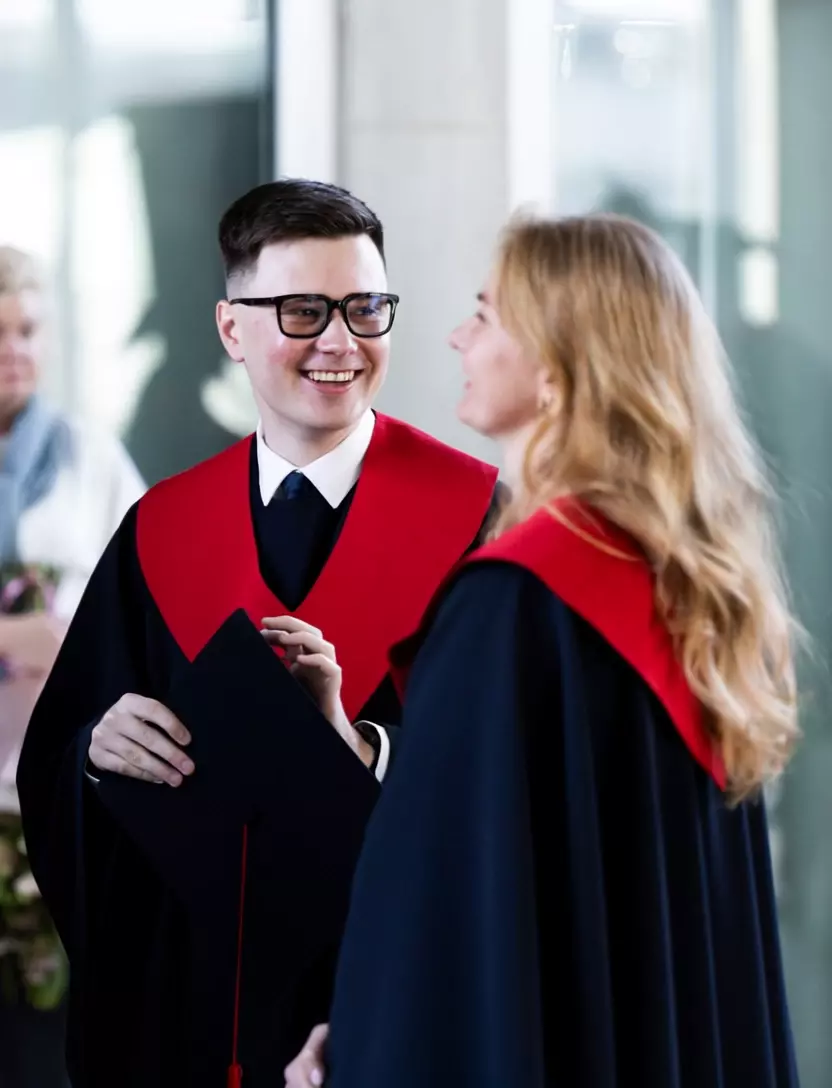
According to the “Reitingai” magazine, it is one of the best master’s programmes in economics in Lithuania. Knowledge of macroeconomic policy, international economics and trade, finance and investment, and macroeconomic forecasting that you will gain during your studies, will enable you to adapt in any business or public sector enterprise.

The Challenge Project – Hands-On module (15 ECTS) gives second year master’s students a unique opportunity to work in an interdisciplinary team on a real problem presented by a social partner. You will test creative solutions in a real-life situation, gain experience simulating working in a top-level management team.
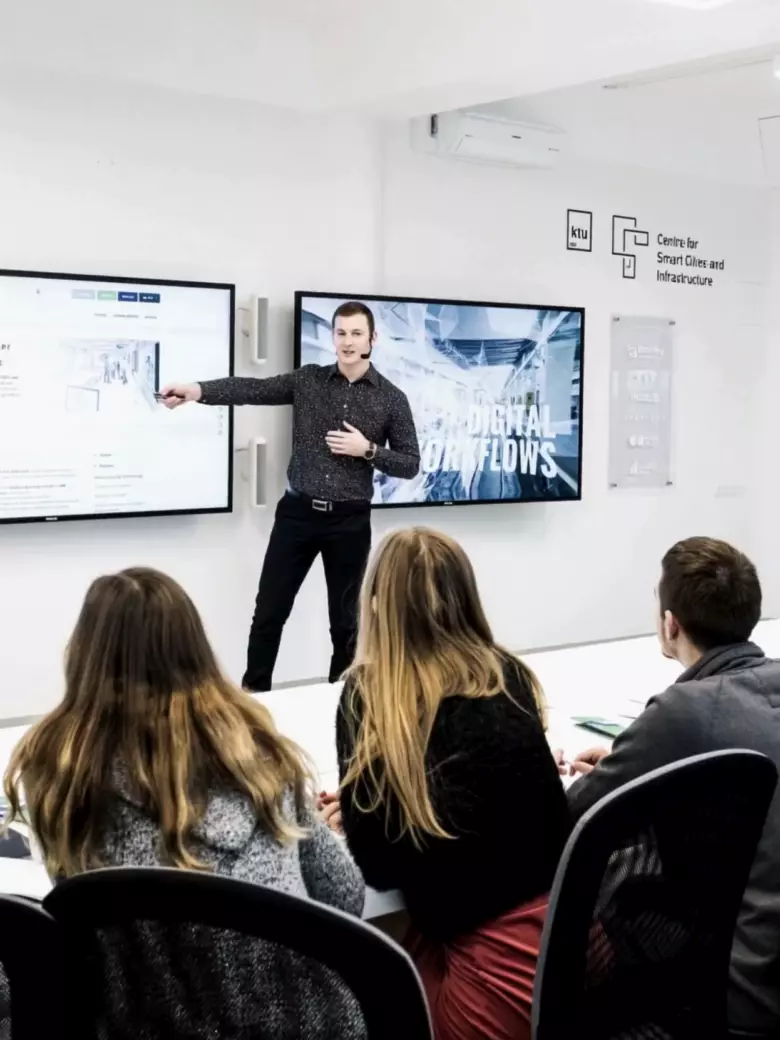
You will gain practical skills working with professional platforms such as SPSS, EViews and Bloomberg.
You will gain a Bloomberg Market Concepts Smart Certificate. This will not only give you valuable hands-on experience but also help you get a foothold in a global job market where top-level data analytics skills are highly valued.
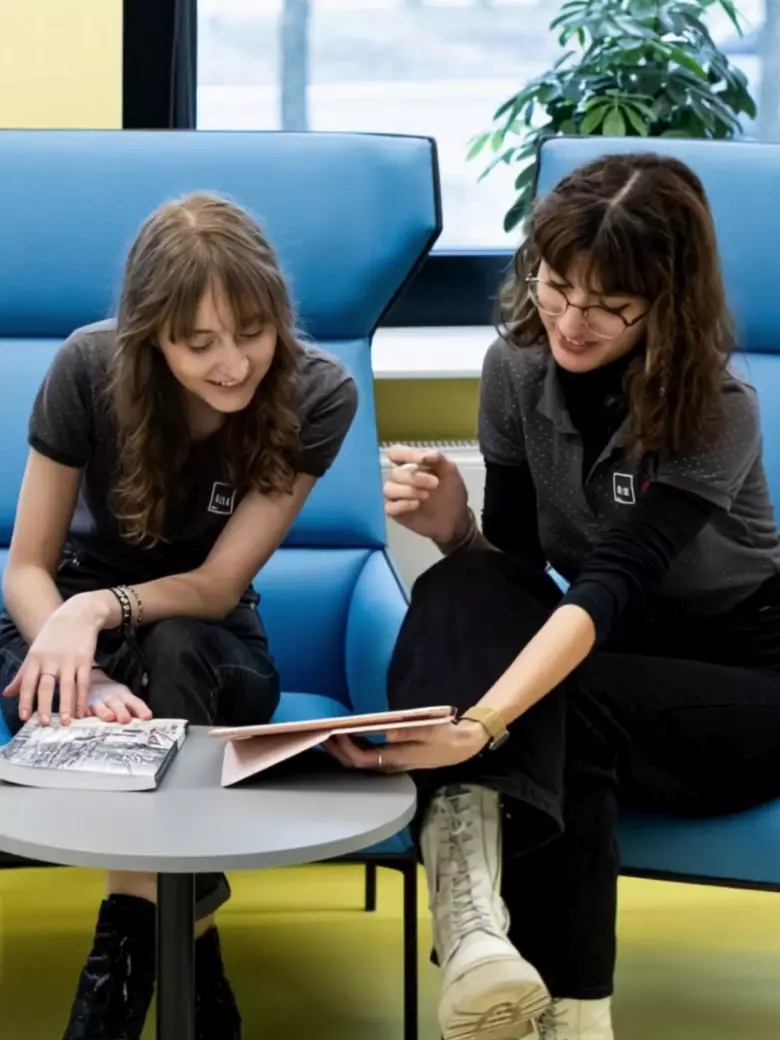
Students can choose between the Challenge Project – Hands–On or the modules in Strand 3. You will have the opportunity to spend 1-2 semesters in the Erasmus+ part-time programme and to take part in a mixed intensive programme (Erasmus+ CIP).
Graduates of the MSc in Economics work in a wide range of fields that require advanced analytical skills, strategic thinking and a deeper understanding of economic processes. Common careers include data analysis and economic research, advising public sector decision-makers on economic policy, working in finance, business development or investment. Graduates also create and develop their own businesses/start-ups, applying economic knowledge to develop new ideas and business models.
Here are some of the careers you can pursue after your studies:
Analyses macroeconomic data, markets and trends to provide insights that support informed decision-making. Develops forecasts, assesses risks and advises companies, governments or financial institutions. Prepares analytical reports, models macroeconomic scenarios and assesses the impact of policy or market changes.
Responsible for initiating, planning and implementing new projects or business development. Develops business strategies, builds partnerships and ensures that projects or new initiatives are delivered on time, on budget and meet their objectives. This work includes market analysis, risk assessment and finding new solutions to improve competitiveness.
Leads a business or start-up, shaping the vision and strategy and making the key decisions that lead to success. Responsible for resource allocation, goal achievement and long-term growth. A start-up founder often works in a dynamic environment, seeking innovative solutions, developing products or services and attracting investment.
| Module name | Credits | Method of organisation |
|---|
| Applied Data Analytics | 5 | On-campus learning |
| Financial Economics | 5 | Blended learning |
| Industrial Economics | 5 | Blended learning |
| Macroeconomic Forecasting | 10 | Blended learning |
| Macroeconomic Policy | 5 | Blended learning |
| Module name | Credits | Method of organisation |
|---|
| Behavioural Economics | 5 | Blended learning |
| Data Mining and Modelling | 5 | On-campus learning |
| Development Economics | 5 | Blended learning |
| Forecasting of Univariate Economic and Financial Time Series | 5 | Blended learning |
| International Economics and Trade | 10 | Blended learning |
| Module name | Credits | Method of organisation |
|---|
| Forecasting of Multivariate Economic and Financial Time Series | 5 | Blended learning |
| Research Analytics Project | 5 | Blended learning |
| Scientific Research Design | 5 | Blended learning |
| Electives | 15 |
| Challenge-Based Project 1 | 10 | Blended learning |
| Challenge-Based Project 2 | 5 | Blended learning |
| Circular Economy | 5 | Blended learning |
| Economic Valuation of Innovations | 5 | Blended learning |
| Strategic Management | 5 | Blended learning |
| Module name | Credits | Method of organisation |
|---|
| Master’s Degree Final Project | 30 | Blended learning |
The programme is only conducted in Lithuanian language. Entry requirements for this particular programme can be found in the programme description provided in Lithuanian language.
in Lithuanian
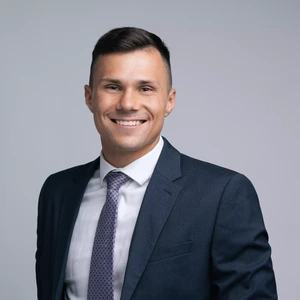
The MSc in Economics has helped me to deepen my practical and theoretical knowledge, to challenge my personality by combining work and studies, and to better plan my time and prioritise the tasks. These studies helped me to understand the economic laws and business trends at work, which is important for setting up a business or getting a high position at work.

After completing my master’s degree, I was promoted in my workplace. I think this is due to my work experience and performance, as well as the time management, productivity competencies and broader knowledge I gained during my studies. Also, the interesting content of the master’s programme has encouraged me to further my knowledge of economics at PhD level.
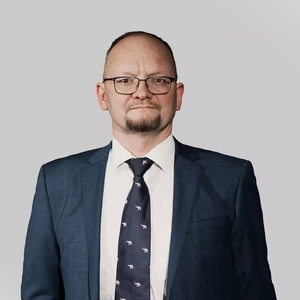
There is still a high demand for economic specialists. It is not a narrow profession, but one that encompasses a broad view of the world and the laws of economics from a global perspective. Lithuania has not been a business backwater in the European Union for a long time, so it is easy for these professionals to find work both in Lithuania and abroad.
Lithuanian is the only language used in the programme. It is used for all educational activities, such as lectures, coursework and assessments.
These studies are ideal for those who want to deepen their understanding of economic analysis, decision-making and research. They provide a solid foundation for careers in the public sector, business or research. In addition, you will also develop leadership skills and the ability to tackle complex economic challenges.
This MSc in Economics and Analytics provides you with in-depth knowledge of macroeconomic analysis, financial and investment management, competition and taxation, international economics and globalisation, and behavioural economics. The programme focuses not only on theoretical knowledge, but also on the opportunity to apply your skills in practice to complex economic problems, both locally and internationally.
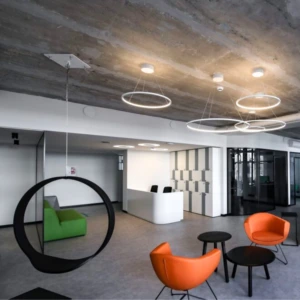
Talk to us, study with us:
K. Donelaičio St. 73, LT-44249 Kaunas
phone +370 679 44 555
email studijos@ktu.lt
School of Economics and Business
II Chamber
Gedimino St. 50, LT-44239 Kaunas
email evf@ktu.lt
 virtual tour
virtual tour